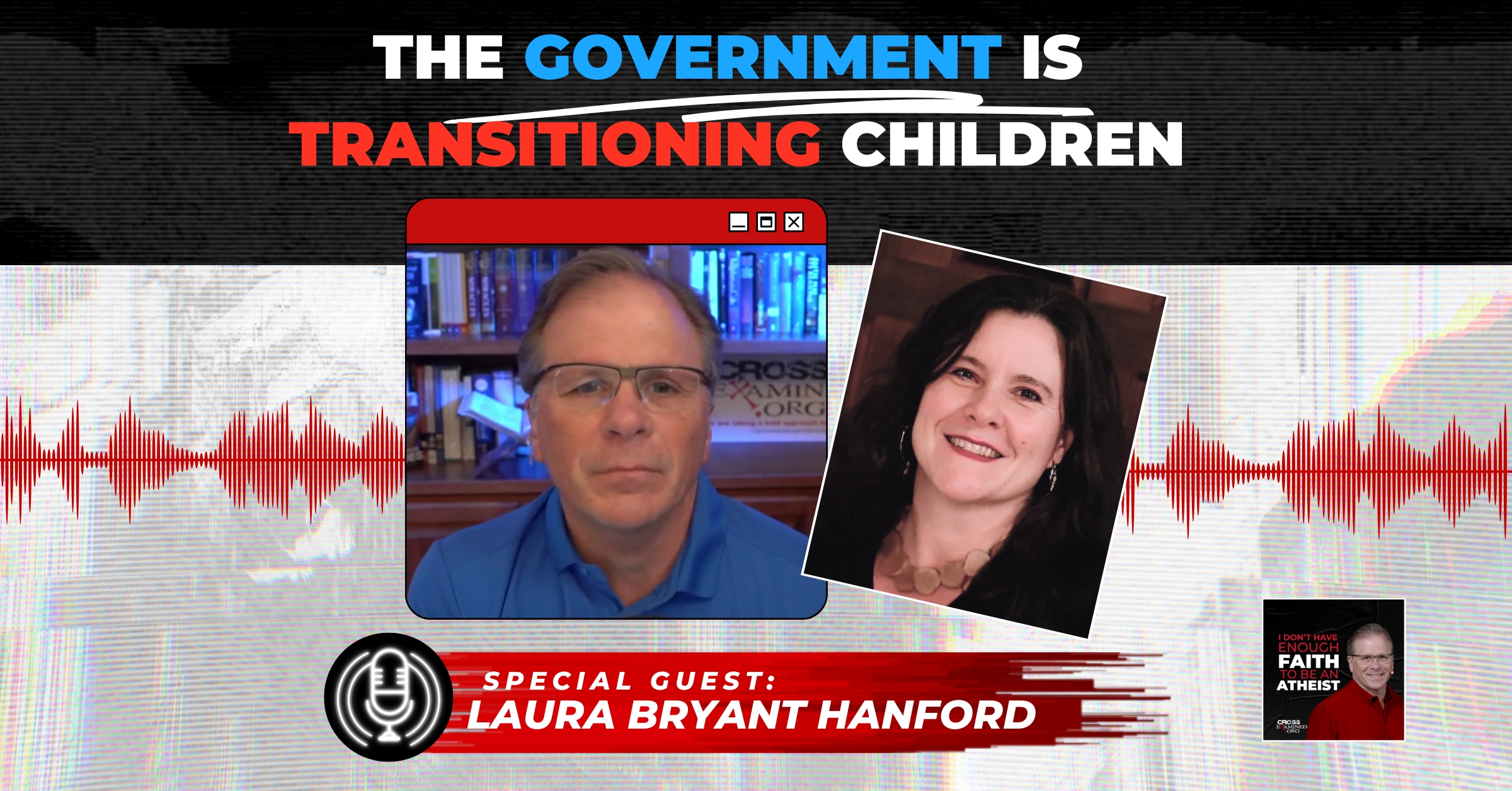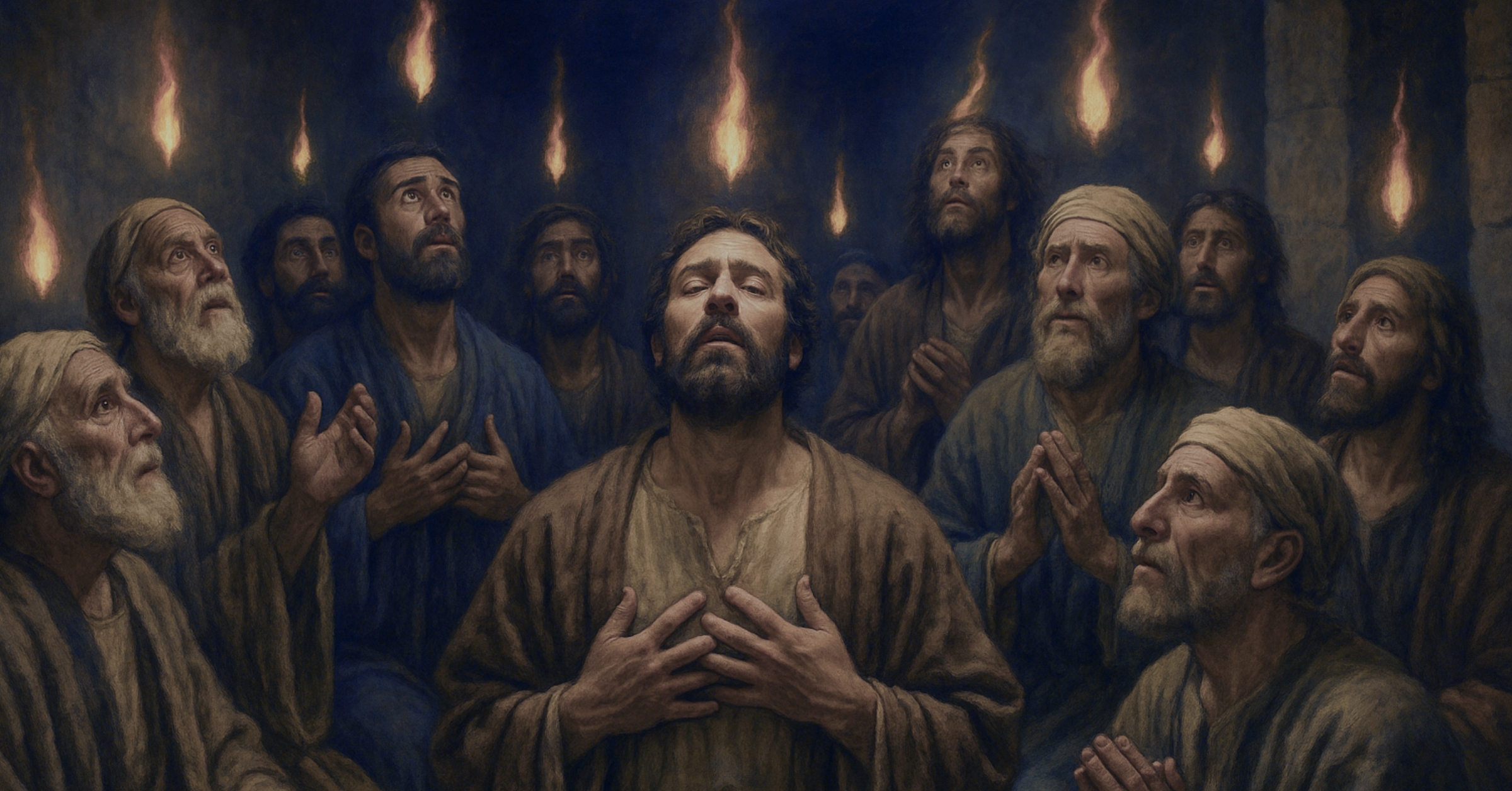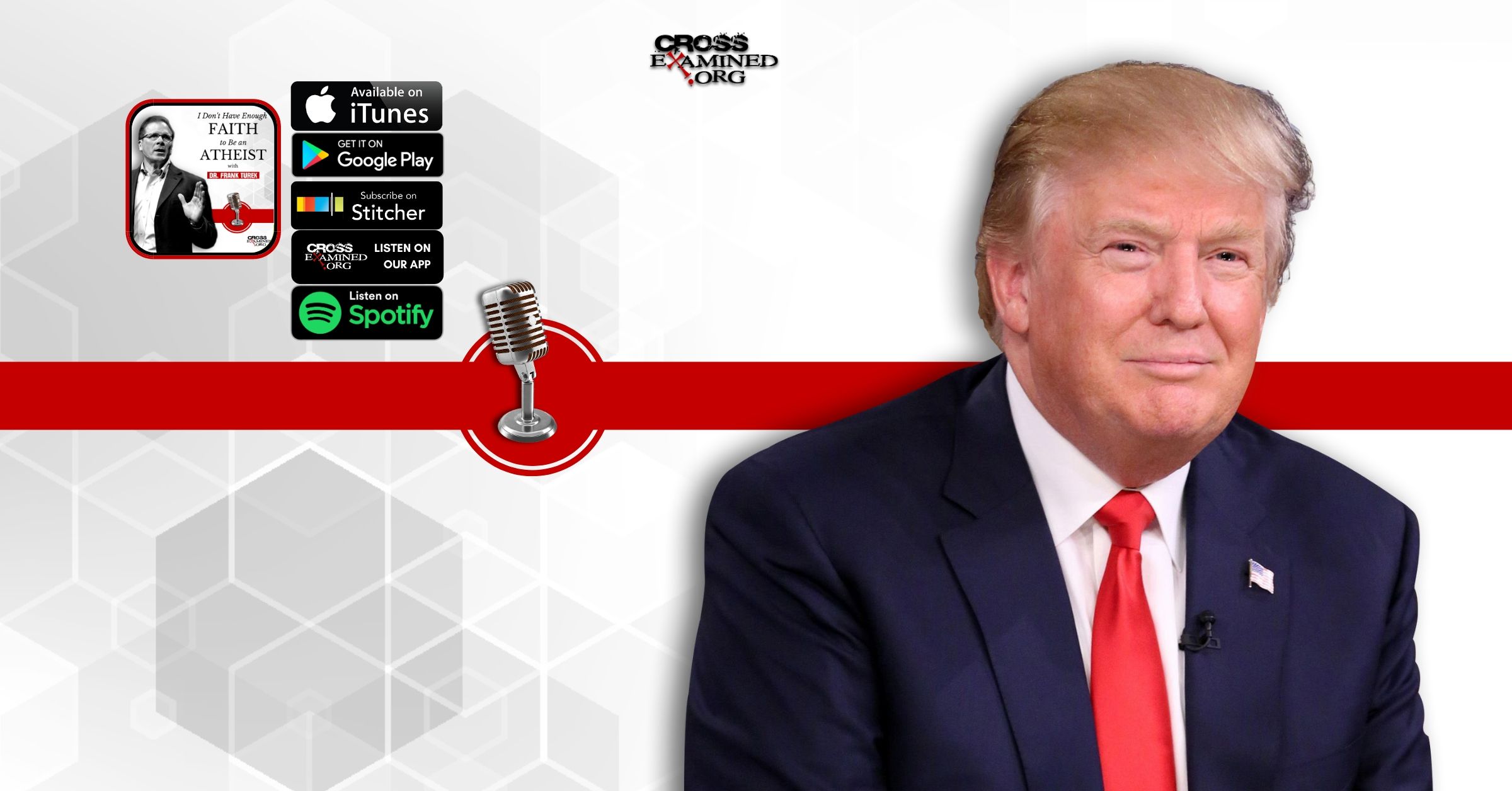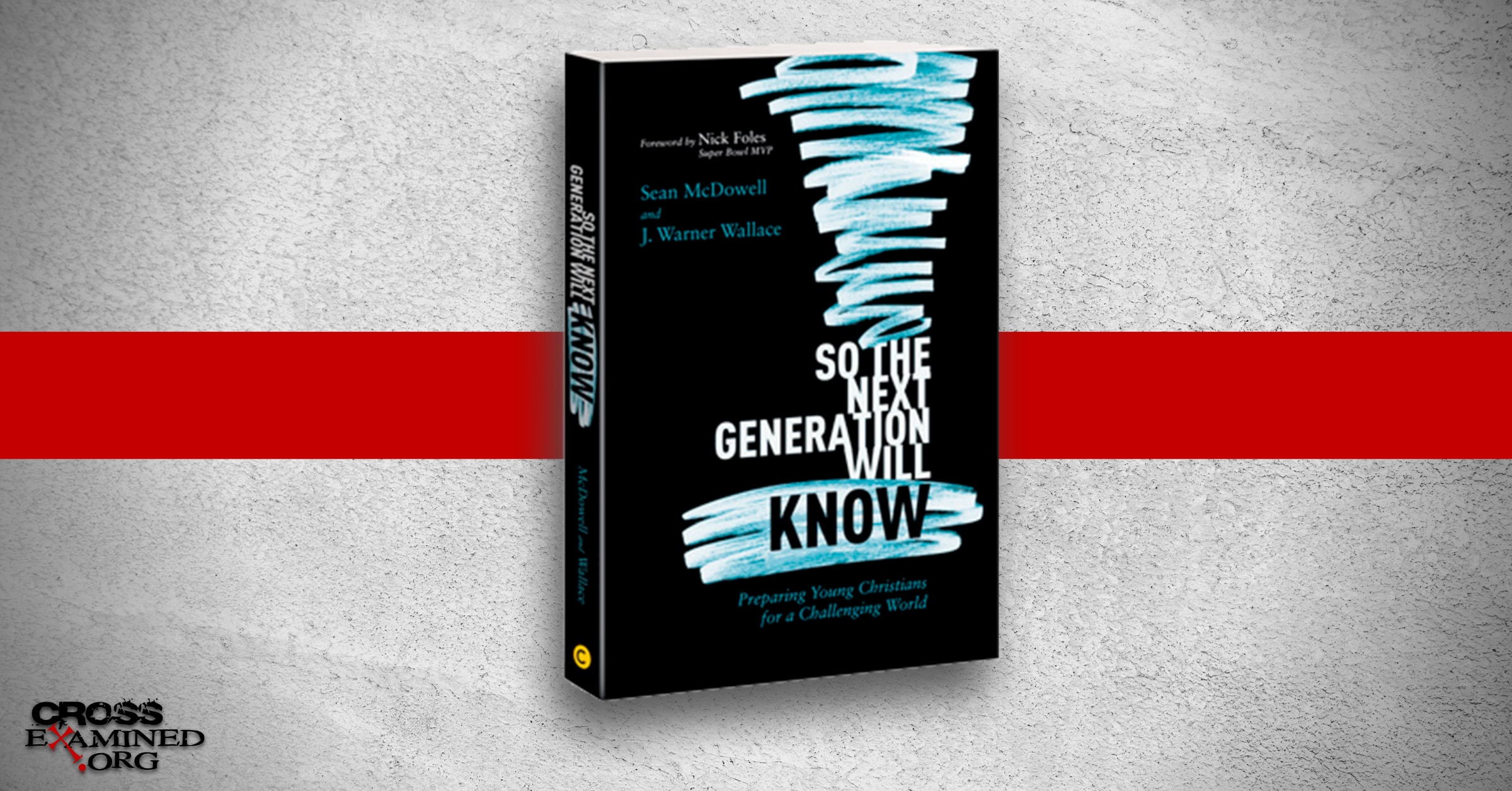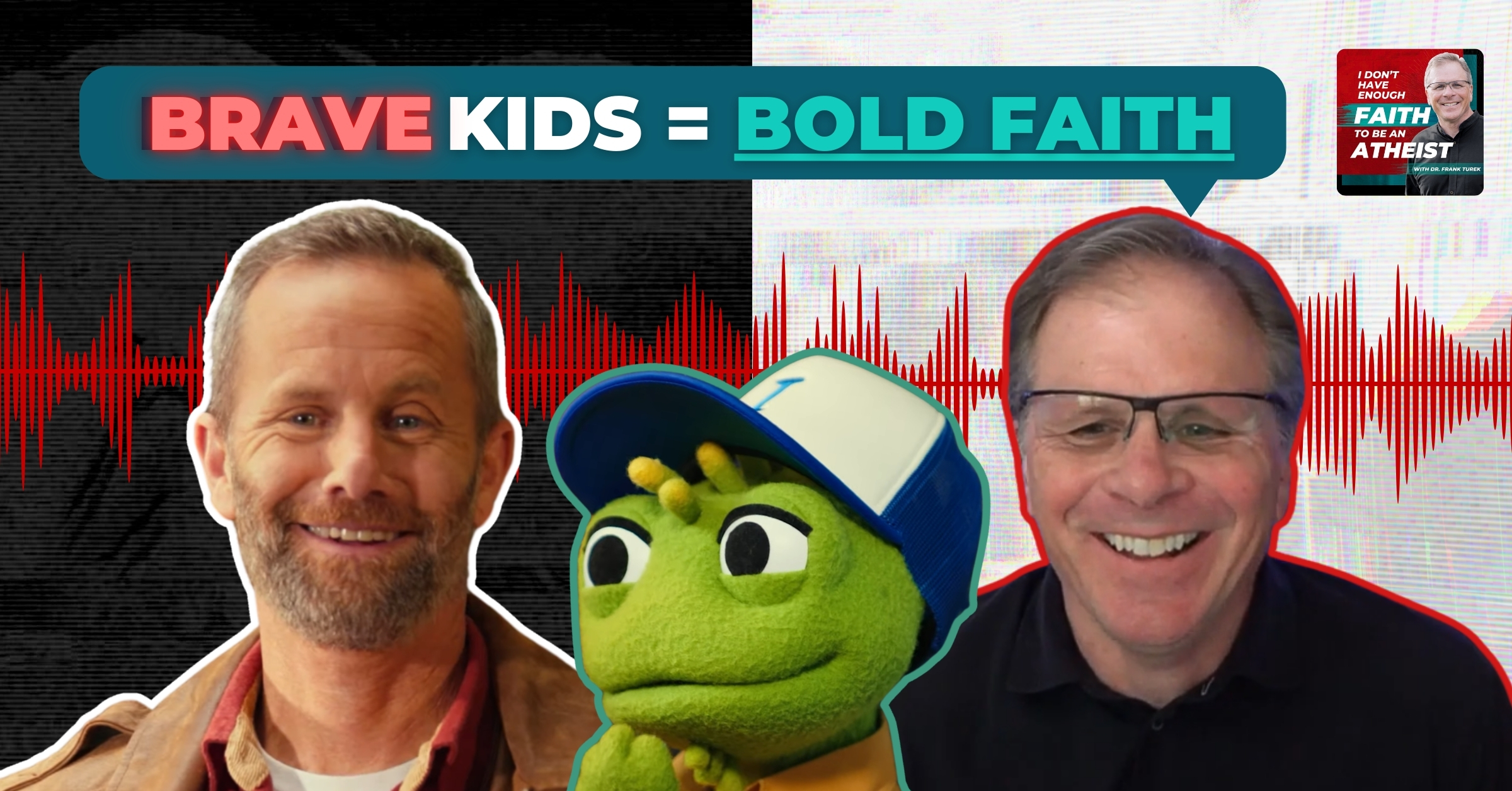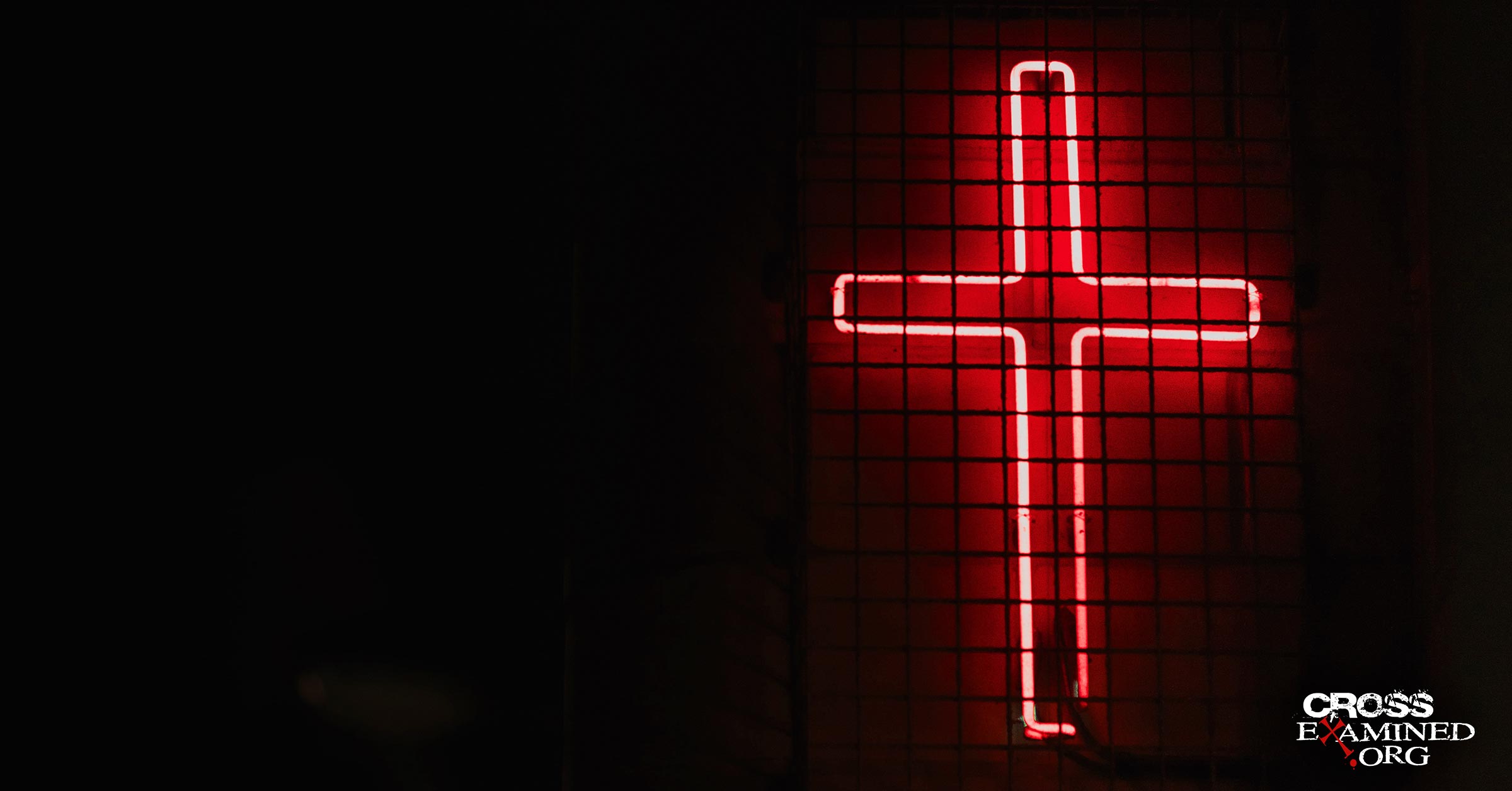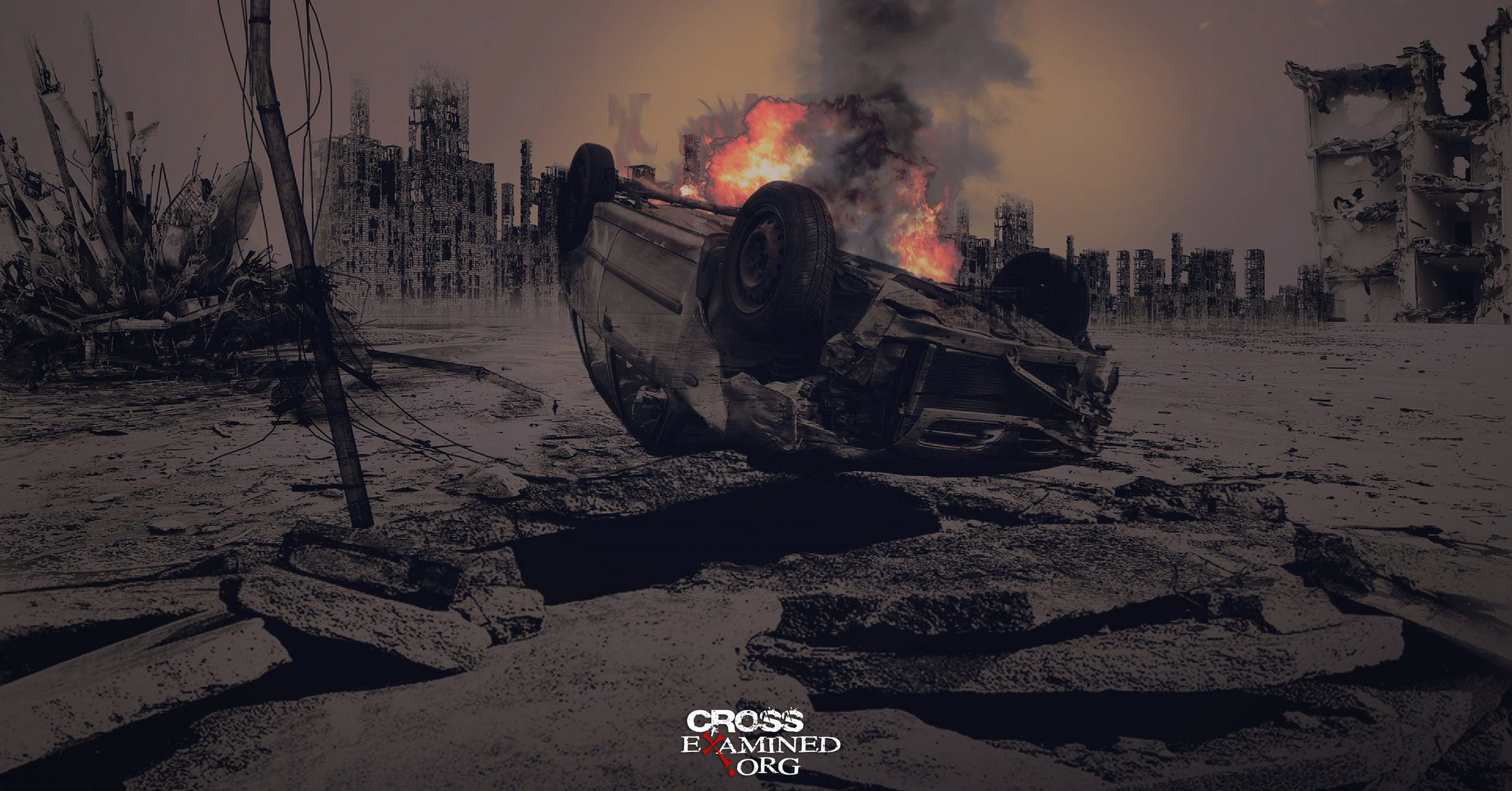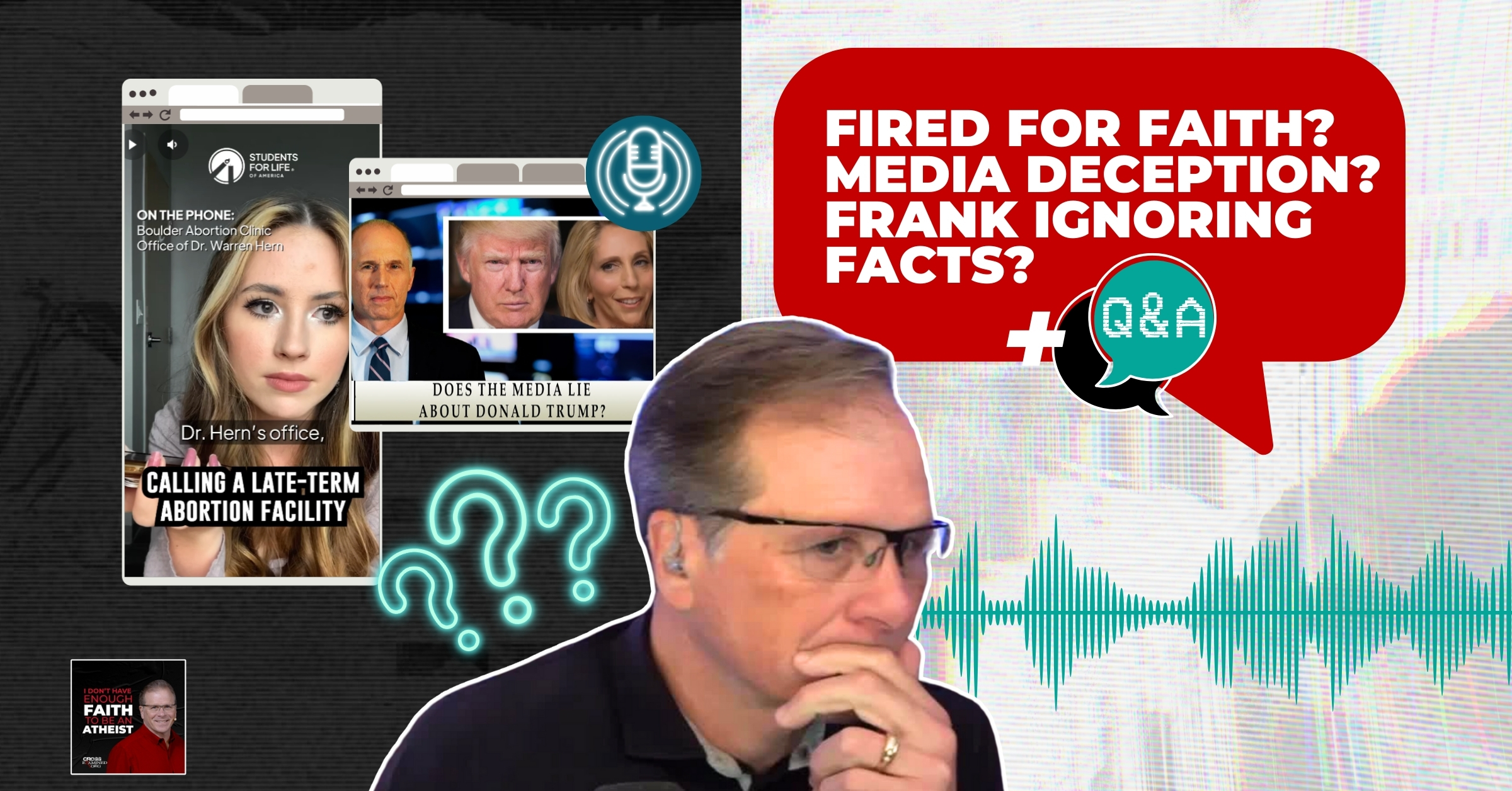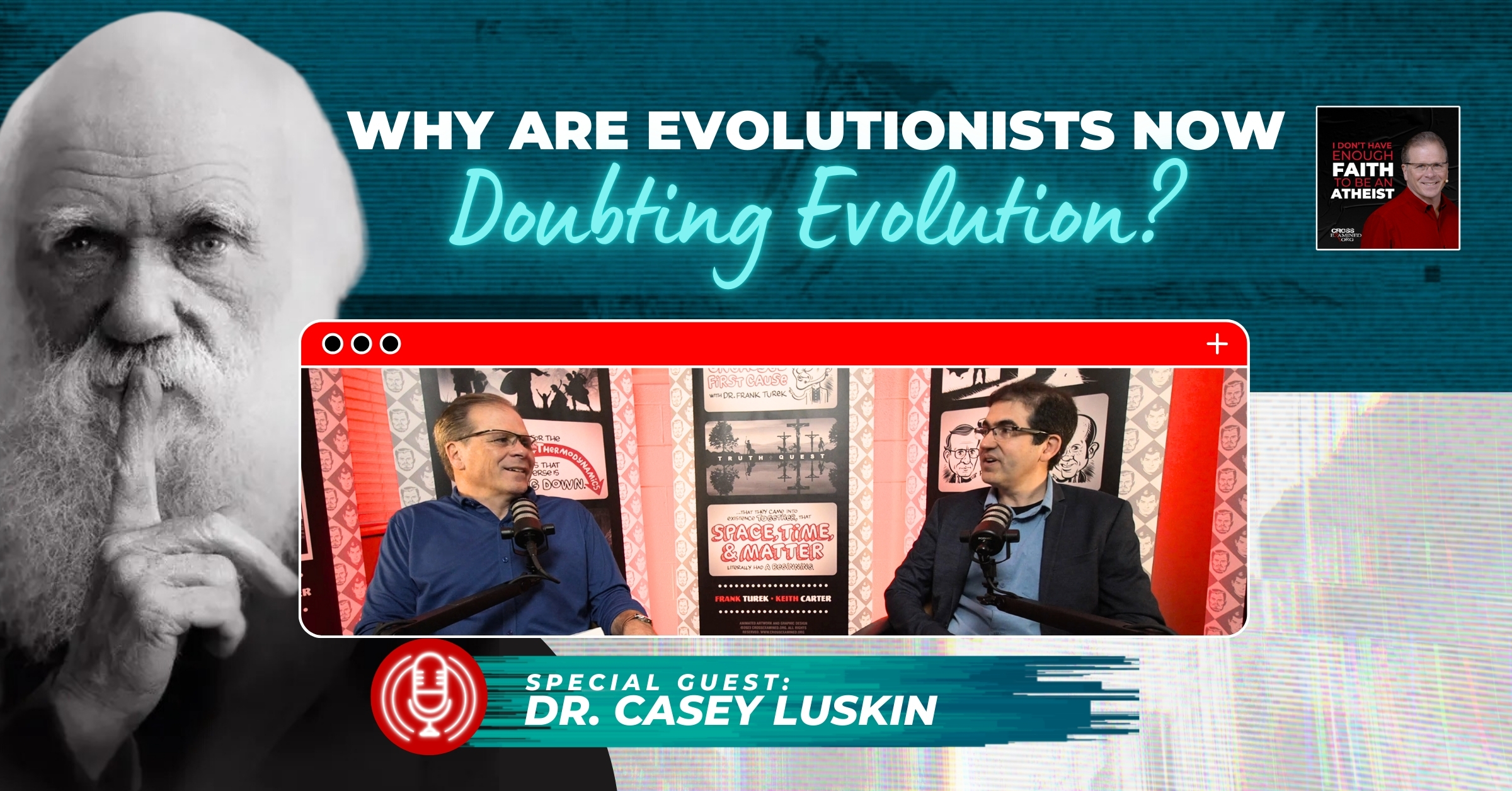Why I am Pro-Life
Before I go any further, I must state that this is not an attempt to apply guilt or condemnation to any woman who has had an abortion, or any man who has encouraged it. The Good News is that grace is extended to all willing to accept it by grace, through faith in Christ. With that said, I now hope to clearly explain why I am pro-life and hope to encourage you to consider your own views as you read further.

Early Ambivalence
I wasn’t always pro-life. I was more ambivalent than anything until I was in my 30’s. Yes, I am a man and I had never been in a scenario to have to consider the idea carefully. However, something happened to me to cause me to come completely to the point that I am now involved in supporting pro-life ministries locally, and share my beliefs openly, such as in this writing.
I, like many men and women I speak to, had certain preconceived notions in my head about abortion before doing the research for myself. I assumed abortion was rare, that it was almost always very early in pregnancy, that it was almost always done because of incest or rape, danger to the mother, or due to extreme hardship with no way to provide for the child. I assumed that it was also beneficial to prevent overcrowding and starvation, as well as keeping crime at bay. I also assumed that the fetus was not a human at the point of abortion.
I also understood the whole thing to be a woman’s constitutional right. These are all common talking points of pro-abortion advocates, and unless you look for yourself, there is not much to question these ideas in the mainstream of American public thought. While I wasn’t avidly pro-choice, I was at least agnostic.
I had been a Christian for many years at that point, but still never gave the issue much thought as it was never brought up in church or among friends in any meaningful way. In thinking more about the question, and with a little research in reading books like Abortion and the Conscience of a Nation by Ronald Reagan and The Case for Life by Scott Klusendorf my mind was opened to the logic and sound morality of the pro-life movement. Yes, the fact that this whole line of thinking combines religion and politics together is scary, but when are the two really not together anyway?
It was my understanding that the pro-life side had a bad reputation for being hateful to women who have had abortions, and that thought continues to keep many from expressing thoughts or questions about abortion. As a certified sinner myself, I continue to do all I can to make the issue about the sin and not the sinner. But once I thought the matter through to the end, I could not help but find my way to the most important part of the question.
In my decision to come to a decision on abortion, I eventually came to ask what the foundational question of abortion was – what was the most important thing that needed to be answered? Is abortion a question of a woman’s rights, population control, and the greater good of society? Is it about equal opportunity for women in the workforce, ridding ourselves of poverty, or is it about the mental health of the mothers?
Even as a Christian, I struggled to understand how to view this divisive subject and balance what I felt made sense with what seemed like persuasive, emotional arguments for what many consider to be the ending of a non-human entity for the greater good of society and the mothers involved.
And there it was. Is it a non-human entity?
I discovered the real question to ask in this debate, thanks to the work of pro-life writers and my own journey. The foundational question turns out to be what is the thing that we are terminating. Here is why: everyone knows that we shouldn’t intentionally take the life of an innocent human being. If the fetus is an innocent human being, we should not take their life.
My findings
It didn’t take long to come to a conclusion on the question that I determined needed to be answered for my own conclusion on the question of abortion. There is no longer a debate in science or even among more and more pro-choice advocates. The bottom line is that whatever name you call it, a zygote, an embryo, a fetus, or a “product of conception” is absolutely human, even if not fully developed, by the time the pregnancy is detectable. It is a human life before you can intentionally end it.
So, if you will grant me that the baby inside the womb rather than outside the womb is a human (not to mention an innocent human), is there something different about the same human baby before it makes its entrance into the world outside the womb? The arguments among pro-choice advocates are typically broken down into four issues that Scott Kluesendorf applies in a helpful acronym. Below is the SLED argument.
Size
The fact that the human being in the womb is tiny at first, and still very small for much of the pregnancy (thankfully!), is not in dispute. So, does the size of the human allow for the taking of its life? For all of you human beings who are smaller than other human beings, I sure hope not. A human life is a human life, no matter the size. In fact, it is usually considered noble and right to protect those humans who are considered small and vulnerable. I believe the same is true of humans prior to birth, as well as those 60 seconds, 60 months, or 60 years after birth. The size of a human does not ever give us a license to end that life.
Level of Development
The standard pro-choice argument says the unborn are nothing but a “clump of cells”. The definition of a clump of cells could be just as accurately applied to a grown person considering the complexity of even the tiniest of detectable human life. Between 10 and 30 hours, after the sperm penetrates the egg, the nuclei combine, and the DNA is already sequenced for a unique human being, the new and genetically mapped offspring of both the mother and father together. The baby’s gender is already in place, and the cells divide rapidly. Within 5 weeks, the heartbeat can be detected. I think we can agree that anything with a heartbeat is a life, and thanks to science, we know that it is a human life. So, when can we take the life of a human based on its level of development outside the womb? Never. Why should this be different inside the womb?
Environment
Somehow the fact that an unborn child is not yet in the outside world, beyond the birth canal, has become a test to see if a human is worthy of life. Many states allow abortion right up to the point of natural birth.[i]
What exactly is the difference of that baby from the time it is in the mother’s womb to the time it is outside the mother? What makes the baby’s life outside the mother different from its life inside the mother? Is there another example of when it is justified to take an innocent human life solely because of where it is located? I cannot find a logical way out of this problem for abortion. If it’s an innocent human, shouldn’t we care about it no matter where it is? Human beings risk their lives and earn their livings every day by going to very dangerous places to try to rescue human beings from the harm they walked themselves into. Why would we not extend the same courtesy to our tiniest and least guilty brothers and sisters still inside what should be the safest place on earth?
Degree of Dependence
Many on the pro-choice side argue that the fact that the baby is unable to survive without the benefit of the physiological protection and nourishment of the mother while in utero. The fact that, at least for the first half of pregnancy, the child is dependent on the mother is said to be an unwelcome and unfair burden on the mother.
While many used to say that the baby is not human until it is born, that argument has been lost to the scientific facts we now know, especially when compared with 1973, the year of the Roe v. Wade decision that legalized abortion in every state. Now the argument is more often stated that the woman does not have to allow her body to be used by an unwelcome, dependent little human. It is her right to scrape off this unwanted “parasite” as they are often referred to by some pro-choice advocates.
While it doesn’t necessarily have to be the mother of the child that cares for them, every human born is for the first years of its life in constant need of bigger, more mature humans to care for and nurture them to survive, but not just for the nine months in the womb.
If you saw someone leave a two-week-old baby on the street and heard them tell the baby, “Good luck, you’re on your own now”, you would likely (and rightly) grab the baby and seek a caretaker for it. You would also likely be incensed that someone would leave a two-week-old baby on the street. Would you also not be incensed if someone put a gun to the same two-week-old’s head and pulled the trigger?
While not in public view, why is it different if taking the baby’s life occurs inside the womb? What has changed about the baby, or the responsibility humans typically feel to care for other vulnerable humans?
The difference in the analogy above is that the baby is simply unseen in the womb as opposed to being seen in the street. I believe that is why human beings have not wholly rejected abortion – they can’t see it happen. It is out of sight and out of mind.
The Numbers
According to the Guttmacher Institute, which is the research arm of Planned Parenthood, 18% of pregnancies in the United States ended in abortion in 2017.[ii] That amounted to approximately 862,320 abortions in the US that year. 18% of pregnancies ending in abortion means that almost 1 in 5 human beings conceived were not born due to the intentional termination of their lives.
[Editor’s Note: The Abortion rate, after a trending downward since the 1990’s, has risen in recent years, including an 11% increase since 2022. There were 1,037,000 abortions in 2023 according to Guttmacher institute.[iii] This might be attributed to reactions against the Dobb’s decisions, but is undoubtedly boosted by the proliferation of Do-It-Yourself/at-home abortions by way of the Abortion Pill].
Also, according to the Guttmacher Institute, adolescents made up 12% of abortion patients in 2014: those aged 18–19 accounted for 8% of all abortions, 15–17-year-olds for 3%, and those younger than 15 for 0.2%.
White patients accounted for 39% of abortion procedures in 2014, black patients for 28%, Hispanic patients for 25%, and patients of other races and ethnicities for 9%. This is certainly not a statistically balanced fact. African Americans are aborted at rates that far exceed other races, and it is easy to see how that occurs with many Planned Parenthood abortion clinics positioned in places with high African American populations. As an example, in New York, more African American babies are aborted than are born. [iv]
And what about those conceived in rape or abortion? Shouldn’t we allow abortions for cases such as these? I used to think we should. When we consider these questions of abortion, however, we can “trot out the toddler” as Kluessendorf says. What about their situation gives us the right to take their life?
In no other situation would we have a judge or jury come to the conclusion that the son or daughter of a rapist should be murdered because of the offense their father committed? We would also not legally take a child’s life if we found out that the parents were kissing cousins after the child was born. Might that cause genetic defects in the child? Maybe, but we all have genetic defects and nobody has the right to kill us for ours.
It is lauded in the world now that certain Scandinavian countries have eliminated Down Syndrome. The truth, however, is that they have not eliminated Down Syndrome. They have only eliminated children with Down Syndrome thanks to tests determining potential issues prior to birth. Do people with Down Syndrome or any other imperfection deserve death? What makes us different from the Third Reich when we simply do this in the womb instead of the gas chamber? I know this seems harsh, but abortion is a harsh topic. Especially to those who have been its victim.
I should note here that I do understand the need for abortion in cases when the child is a clear and real threat to the life of the mother, though cases like that are rarer than I previously realized. I encourage you not to take my word for it and to explore stats from reliable sources on reasons abortions are sought.
There is nothing in our constitution about the right to have an abortion. That so-called right was really a collection of a few Supreme Court cases starting with Roe v. Wade that mandated legal abortion in every state, and now in many states, it is allowed for any reason. I grant you that the right of a woman to have an abortion currently exists, even if our legislators have been unable to craft it into a constitutional amendment. The right of slaveholders to own slaves used to exist too. Just because something is a right or a law does not make it morally righteous.
According to a recent Pew Research poll, Americans have remained divided consistently on the issue, with the approximate ratios of 59% pro-choice and 39% pro-life since 1995.[v] The percentage of people surveyed revealed that only 25% of Americans believe abortion should be legal in all cases, while 26% believe it should be illegal in most cases. 34% believe it should be legal in most cases, while 13% believe it should be illegal in all cases.
In case you were thinking that I had no right to weigh in on this issue as a man, I must point out that around half of those aborted humans we are talking about would have grown into men. Therefore, I and every other man have standing. As for the statement that if you don’t like abortion you shouldn’t have one, this same saying was applied to slaves prior to the great emancipation.
Since Roe v. Wade was decided, there have been at least 44 million babies aborted in the U.S. In my home state of Illinois, there are regularly over 40,000 per year aborted. This does not speak to the total amount of abortions worldwide, where the U.S. continues to be a frontrunner in the practice, along with Russia and China. According to WHO, every year in the world there are an estimated 40-50 million abortions. This corresponds to approximately 125,000 abortions per day.[vi]
I do hope you note that, aside from my introduction, there has not been much made of my faith in the body of this writing. I absolutely believe that mankind was made in the image of God, and I also believe that all men and women in America have the Constitutional right to life, liberty, and the pursuit of happiness. While I believe that God is at the beginning and end of this argument, you do not have to be a professing Christian, or Muslim, or Jew to care about the welfare of other human beings. Many atheists put Christians and other religious claimants to shame on a regular basis. I believe that being pro-life should not be seen as a purely religious stance, but rather as a human civil rights issue that can be led by the faithful and the secular alike.
But since I did bring up religion, I must note some other items from the research cited above that Christians may be interested in. Seventeen percent of abortion patients in 2014 identified themselves as mainline Protestant, 13% as evangelical Protestant, and 24% as Catholic, while 38% reported no religious affiliation and the remaining 8% reported some other religious affiliation. So, 37% of those obtaining abortions identify themselves as Christians.
Those numbers should not come as a shock, considering that the same poll found that 63% of those who identified as protestant, non-evangelical Christians said abortion should be legal in all/most cases. Of those who described themselves as Catholic, 55% believed abortion should be legal in all/most cases.
While I insist this is not just a religious issue, if the churches in America don’t provide the foundation for changing public opinion on this matter, who will? Just as the churches were a driving force in the abolition of slavery in the world, the church must work to help its congregants, and then society, see the truth in this most serious attack on the image of God in our lifetime.
To reiterate with all the love for you that I can send through writing to a stranger, if you have had an abortion or encouraged one, I pray that you know that there is real forgiveness for this and any other sin you can imagine. Jesus simply asks us to repent and trust in Him. To repent means to stop and turn away. We have all sinned and fallen short of the glory of God. (Romans 3:23) I pray we all repent of our acceptance of this assault on God and His image-bearers soon.
My prayer is that the end of abortion comes about not from a Supreme Court decision or (God forbid) a civil war but instead as a result of all people seeing the wrong of our doing and moving as one people toward life as God designed.
References:
[i] Editor’s note: The original post says “Many states allow abortion right up to the point of natural birth” but adds the following, “and actually allow for partially exiting the child from the mother to end its life so that it will count as an abortion for those who wait too long for a “normal” abortion.” Perhaps the author had some rare or obscure abortion-method in mind, but it sounds like he’s describing partial birth abortion which remains under a federal ban making partial-birth abortion illegal across the United States. See: S.3 – Partial Birth Abortion Ban Act of 2003
[ii] https://data.guttmacher.org/states/
[iii] https://www.guttmacher.org/2024/03/despite-bans-number-abortions-united-states-increased-2023
[iv] https://www.wsj.com/articles/lets-talk-about-the-black-abortion-rate-1531263697?msockid=2fe0aed392d664f11b30bdf6934565ef
[v] https://www.pewresearch.org/religion/fact-sheet/public-opinion-on-abortion/
[vi] https://www.worldometers.info/abortions/
Recommended Resources:
Correct not Politically Correct: About Same-Sex Marriage and Transgenderism by Frank Turek (Book, MP4, )
Stealing From God by Dr. Frank Turek (Book, 10-Part DVD Set, STUDENT Study Guide, TEACHER Study Guide)
Legislating Morality: Is it Wise? Is it Legal? Is it Possible? by Frank Turek (Book, DVD, Mp3, Mp4, PowerPoint download, PowerPoint CD)
Jesus vs. The Culture by Dr. Frank Turek DVD, Mp4 Download, and Mp3
Tony Williams is currently serving in his 20th year as a police officer in a city in Southern Illinois. He has been studying apologetics in his spare time for two decades, since a crisis of faith led him to the discovery of vast and ever-increasing evidence for his faith. Tony received a bachelor’s degree in University Studies from Southern Illinois University in 2019. His career in law enforcement has provided valuable insight into the concepts of truth, evidence, confession, testimony, cultural competency, morality, and most of all, the compelling need for Christ in the lives of the lost. Tony plans to pursue postgraduate studies in apologetics in the near future to sharpen his understanding of the various facets of Christian apologetics
Originally posted at: https://bit.ly/4faZKsc

